
By Ebenezer NJOKU
Local talent and resources will be placed at the centre of efforts to build a multibillion-dollar digital economy, the Minister for Communication, Digital Technology and Innovations, Samuel Nartey George, has said at the opening of the Africa Internet Summit (AIS) 2025 in Accra.
Speaking at the summit, which also marked 30 years of the internet in Ghana and the country’s pioneering role in Africa’s digital transformation, he said the government’s strategy aims to shift Ghana from being mainly a consumer of foreign technology to a producer of home-grown solutions.
The approach, Mr. George added, will nurture indigenous tech talent, support local start-ups and promote open digital infrastructure to retain more value within the domestic economy.
“For too long, Africa has been a consumer of technology rather than a creator. We are determined to train a generation that will design, code, secure and scale digital solutions made in Ghana, for Africa,” he said.
The plan includes expanding national training programmes such as the One Million Coders initiative, scaling digital innovation hubs, and boosting university-based research and development through targeted funding, he explained. The pathway also intends to adopt open-source software, open standards and transparent artificial intelligence frameworks to cut costs while enhancing national digital sovereignty, he noted.
This comes against the backdrop of a fast-growing sector, with the GSMA projecting that reforms could add US$3.4 billion to the economy and create 500,000 jobs by 2029. While estimates vary, analysis in early 2024 put the size of Ghana’s digital economy at around US$1 billion, with forecasts suggesting growth to reach US$5 billion by 2030.
Much of this expansion has been driven by mobile broadband penetration exceeding 90 percent and internet usage reaching about 68 percent of the population. Yet Mr. George acknowledged that significant revenue continues to leave the country, captured by foreign-owned platforms in areas such as cloud hosting, software licensing and e-commerce infrastructure.
“Every year, billions of cedis in digital value leak out of our economy to pay for foreign services. Our goal is to reverse this trend by building systems that are open, secure and locally driven,” the minister said.
The commemoration of Ghana’s three decades of internet connectivity also highlighted the contributions of Prof. Nii Narku Quaynor, a key architect of the country’s early adoption of the technology. Often referred to as the “Grandfather of the internet in Africa,” Prof. Quaynor said the anniversary was both a milestone and a call to action.
“Thirty years ago, Ghana showed that Africa could lead in digital innovation,” he said at the summit, which had as its theme: ‘A resilient internet ecosystem for an innovative digital Africa’.
“We now have the responsibility to ensure that the next phase is built on African expertise, African infrastructure, and African solutions. The internet must become a tool of empowerment, not dependency,” he added.
Prof. Quaynor also urged policymakers to sustain investments in skills, research and infrastructure.
“Digital sovereignty is not achieved by declarations alone. It requires long-term commitment to building talent pipelines, securing our networks, and ensuring that our entrepreneurs have the capital to innovate,” he noted.
Whilst welcome, sector analysts continue to insist that the strategy’s success would depend on sustained investment, access to venture capital and stronger collaboration between academia and industry to close persistent skills gaps.
There is the prevailing sentiment that Ghana should aim for a bigger share of the pie, especially as Africa’s digital economy is projected to reach US$180 billion by 2025 and to expand to US$712 billion by 2050.
The strategy aligns with broader continental ambitions under the African Union’s Digital Transformation Strategy and the Smart Africa Alliance, both of which emphasise building local capacity in the creation and governance of digital technologies.
Mr. George further called for deeper regional cooperation, stating: “Let us move beyond access metrics to focus on real impact. By building apprenticeships, research labs and start-ups, we can ensure that African engineers and entrepreneurs will design and maintain Africa’s internet infrastructure and services”.
The post Homegrown solutions to drive digital economy as nation commemorates 30 years of the internet appeared first on The Business & Financial Times.
Read Full Story
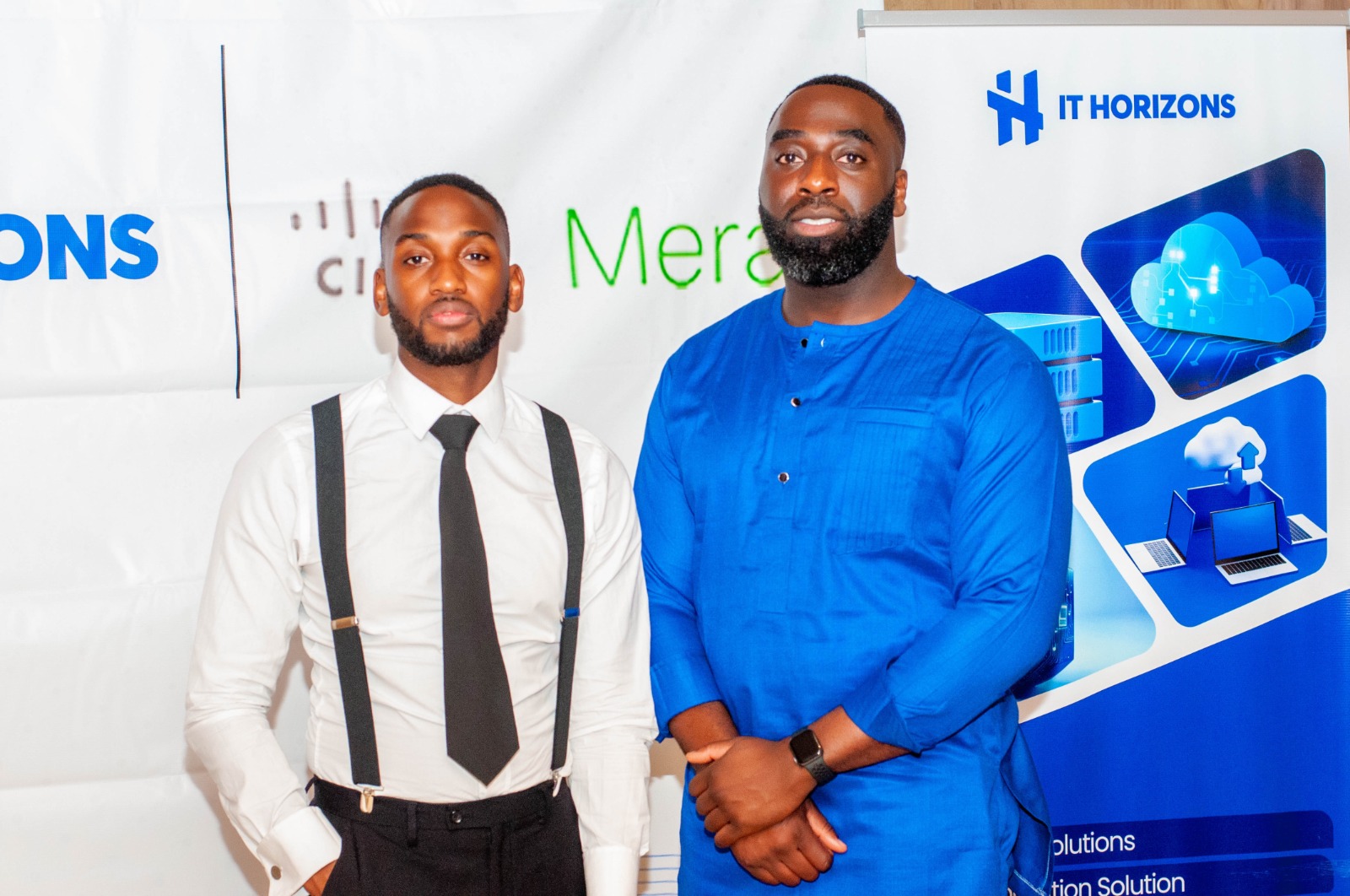

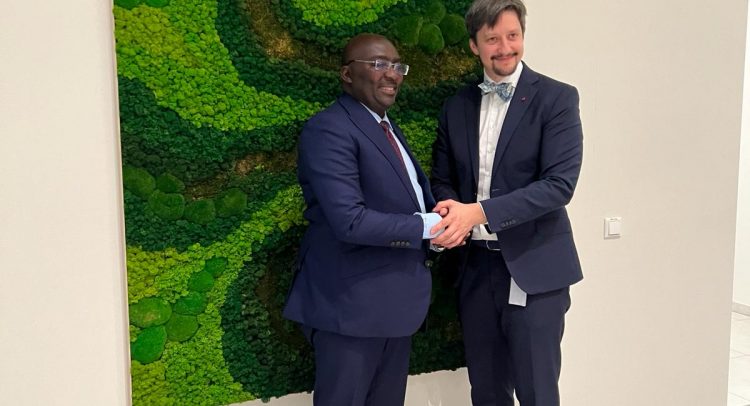
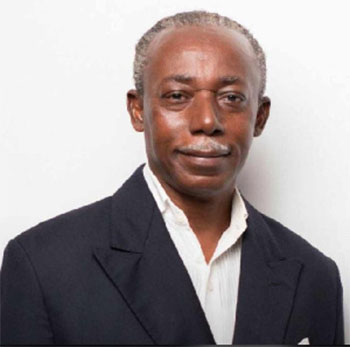



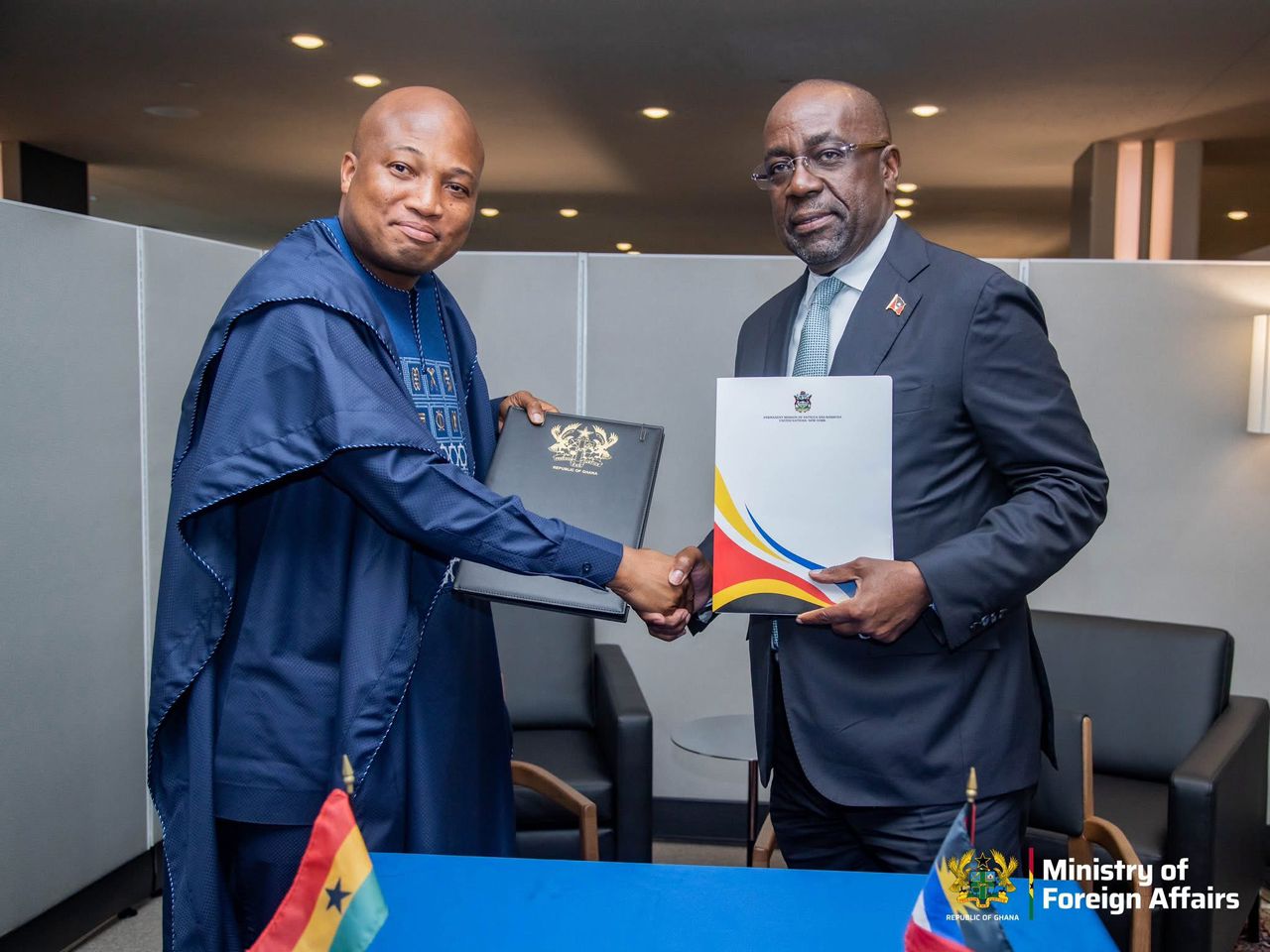
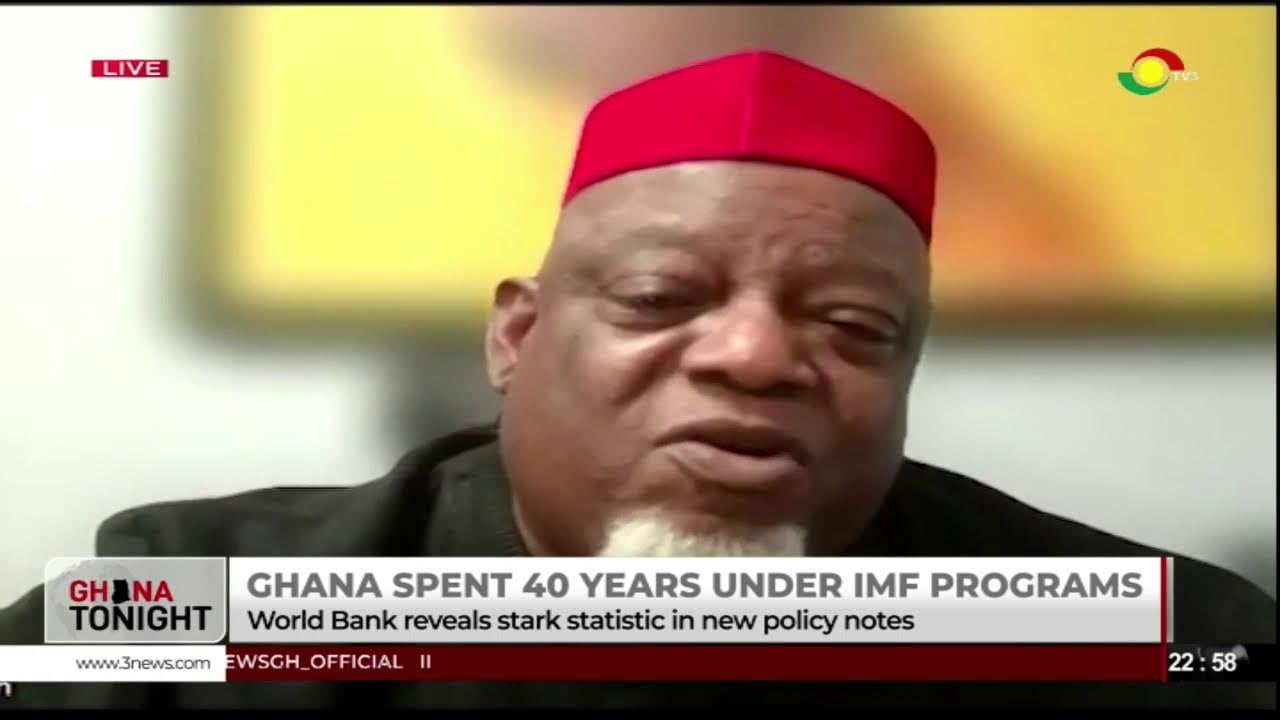






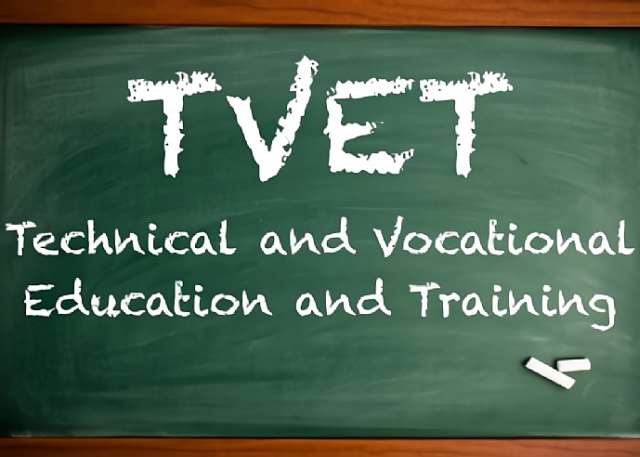
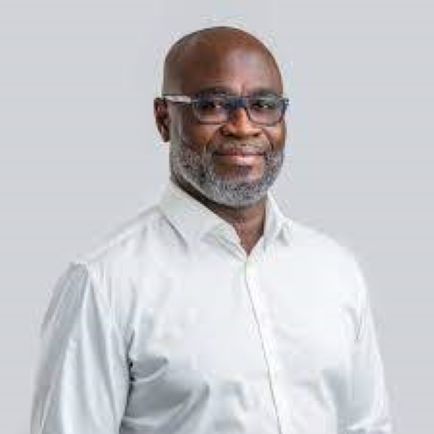
Facebook
Twitter
Pinterest
Instagram
Google+
YouTube
LinkedIn
RSS